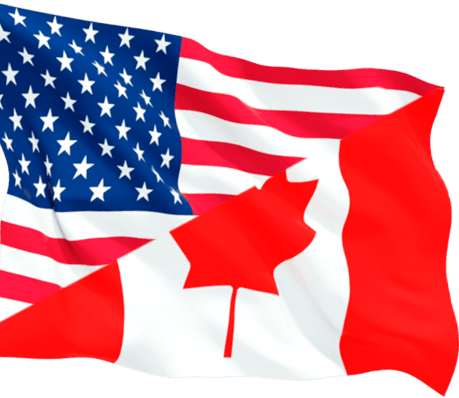Online Legal Gambling United States

- Legal Online Gaming
- Online Legal Gambling United States Coins
- Online Legal Gambling United States Travel

It may seem that the United States has been very slow when it comes to reacting to online gambling. When online gambling sites started appearing in the early ’90s, there were not even any legal. Bovada is also legal in all 50 states. Bovada can run into some troubles with accepting players from certain states because of banking issues, but these issues have nothing to do with legalities. Legal Age to Place Bets On Bovada Accounts? The minimum age to create an account with Bovada. Online gambling has always existed in a grey area of U.S. While it is illegal to own and operate an online gambling site in the U.S., it is not illegal to place a wager with an online gambling site. These sites are known as 'offshore' sites and have existed since the early 1990s. These sites, such as Bovada or 5Dimes. Legal Online Gambling in the United States 2021 Although the federal government has its own set of laws governing the legality of gambling activities, most states have their own legislation for age limits to whether having a friendly neighborhood poker game is allowed. Online gambling is not legal in all states in the United States. In many states, there is some form of ban on online gambling. In two states, Iowa and Hawaii, online gambling is strictly prohibited.
Thousands of Americans gamble online. But is online gambling legal? We break it down to show you what you can do, what you can't do, and what's still up in the air.
by Katherine Butler
updated September 03, 2020 · 2min read
Legal Online Gaming
The legality of online gambling is ever-changing. But one thing is constant: it makes a lot of money. Online gambling industry makes an estimated $1 billion dollars annually. This is a huge business, and a lot of people have cashed in on it. But it has led to some ambiguous legal issues, as the legality of online gambling is constantly being challenged.
There are differences in the legality of making bets, taking bets, facilitating payments to casinos, and advertising on websites. And there are constantly new legal challenges. So here is a breakdown of the law on online gambling.
Legal Forms of Gambling
There is no federal law against placing a wager online. So, you can legally place a bet online. However, a wager must not be placed on a site located in the United States. There is a small chance players might run afoul of state law, but there is little chance of prosecution. The only case cited where a person got into trouble with a state was in 2003. Jeffrey Trauman of North Dakota paid a $500 fine on over $100,000 of online sports bet winnings.
Online Legal Gambling United States Coins

Sites that are set up outside of the United States are legal. Therefore, gambling on websites located in areas like Australia, the Caribbean, and Latin America is legal. Just be very clear that the site you are playing on is not based on U.S. soil.
Definitely Not Legal Forms of Gambling
It is never legal to gamble on a website based in the United States. Also, if you are planning to operate an online gambling site, stay outside of the United States. You must also deal only with casino and poker wagers (not sports bets) from people in the US. And you cannot take bets over the phone from people in the United States.
Online Legal Gambling United States Travel
Accepting online gambling advertising is also illegal. If you are a small publisher, you are less likely to be prosecuted, but why risk it? As of early 2009, only large and mid-size publishers had faced prosecution. In 2007, the three big search engines (Google, Yahoo, and Microsoft) each paid a fine for accepting online gambling ads, but did not face criminal charges. Other publishers, such as Esquire Magazine, have been warned by the government not to take online gambling advertising.
Facilitating the transfer of funds to online casinos is also a bad idea. As of 2006, it became illegal for American banks to process transactions originating from or directed toward any online gambling operator. Because of this, several sites then refused to take bets from American players. But as the law seems difficult to enforce, it has not turned the tide completely for American players.
Still up in the Air
Advertisers who promote sports books in magazines and on billboards may or may not face prosecution. So far, sports books have never been scrutinized for advertising online. And online casinos, poker rooms, and sports books have never been prosecuted for buying ads.
Online casinos and operators still accept American players. And international financial parties have continued to process their transactions. The legality is always changing and there have been attempts to declare online wagering against the law, but for now, U.S. citizens who simply place bets online are in the clear.